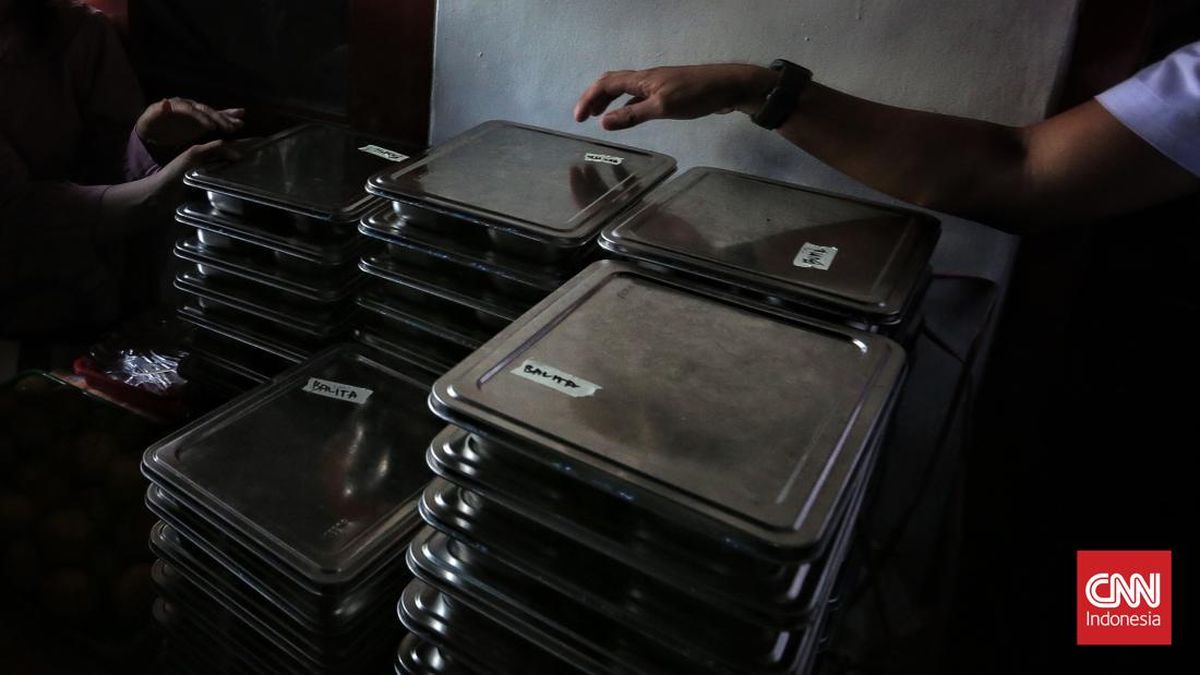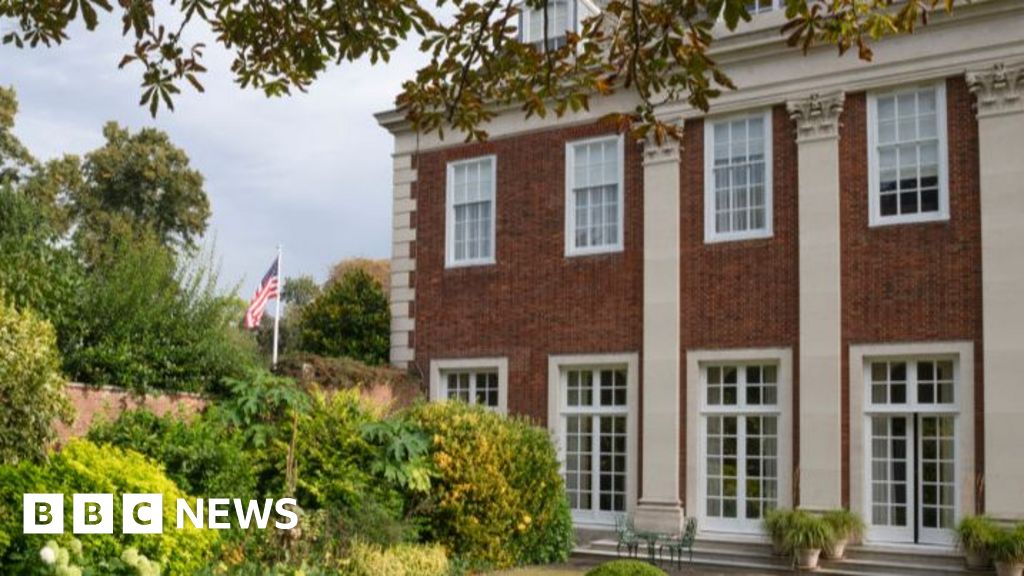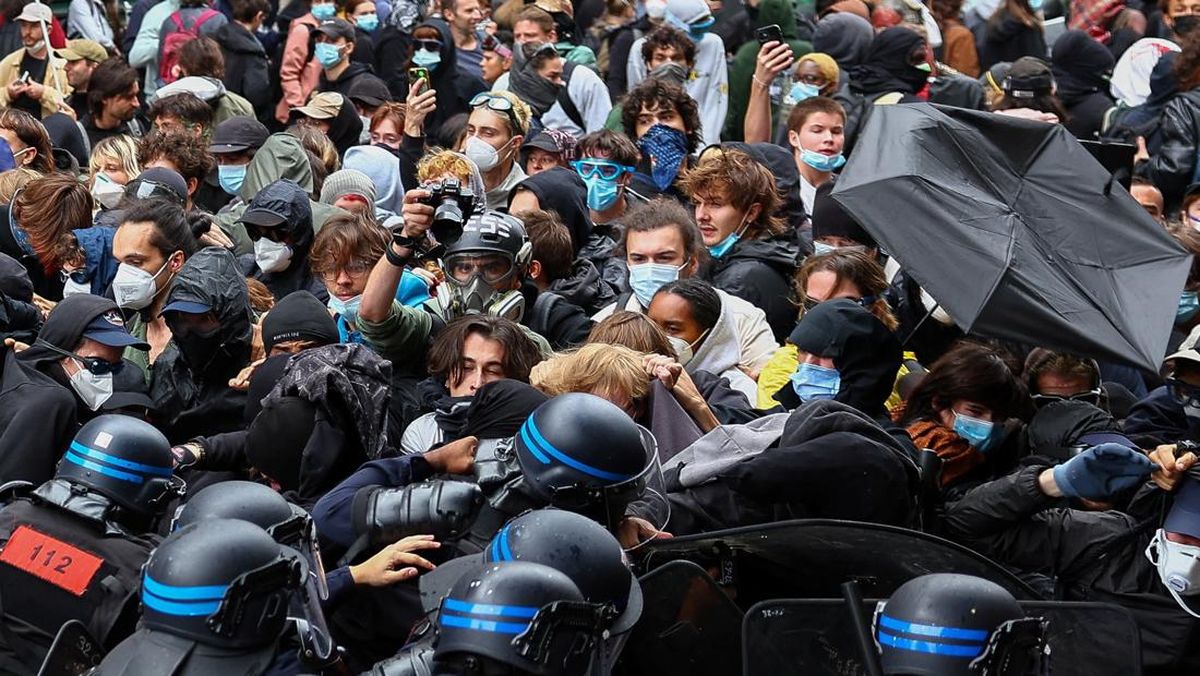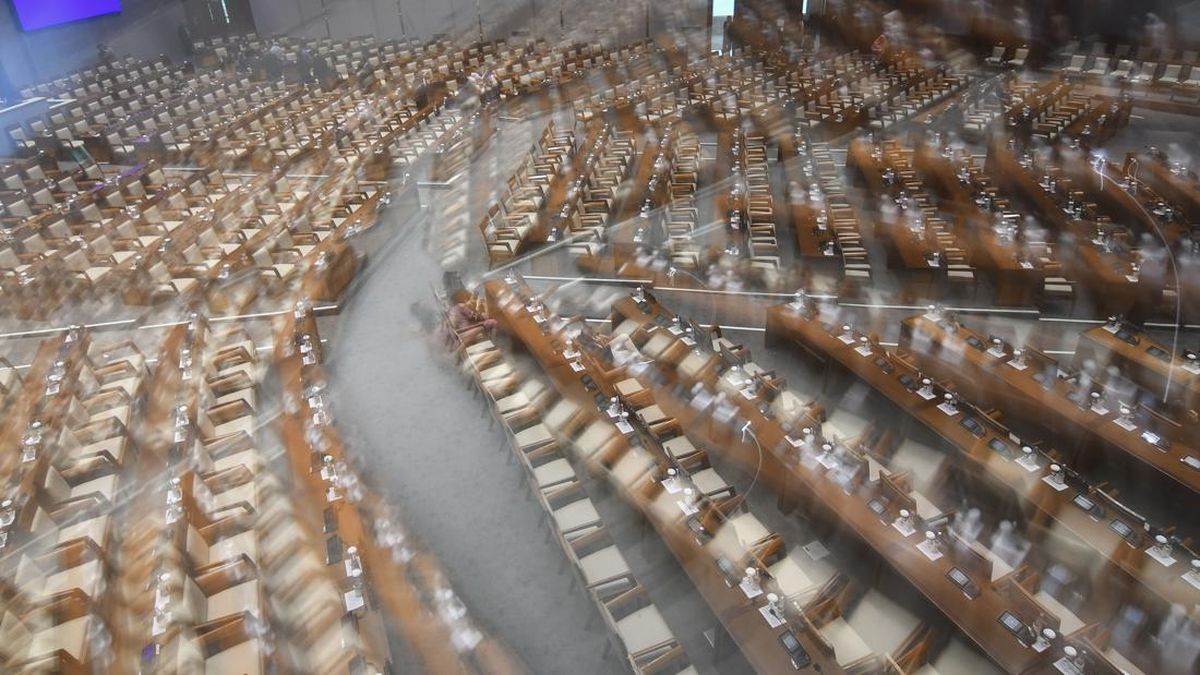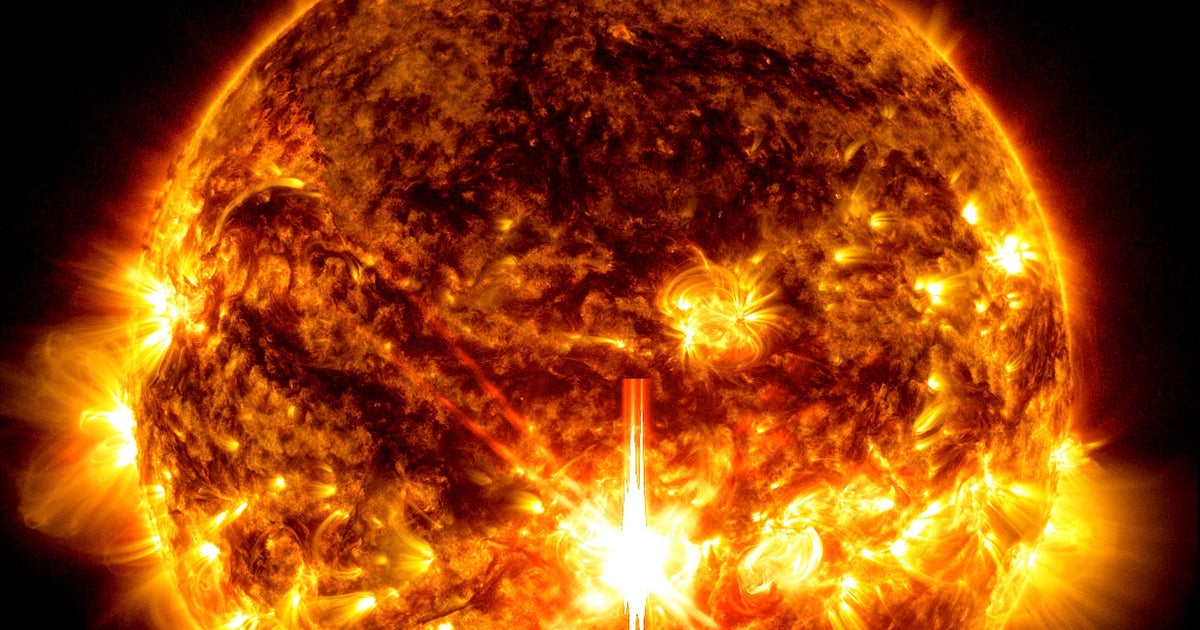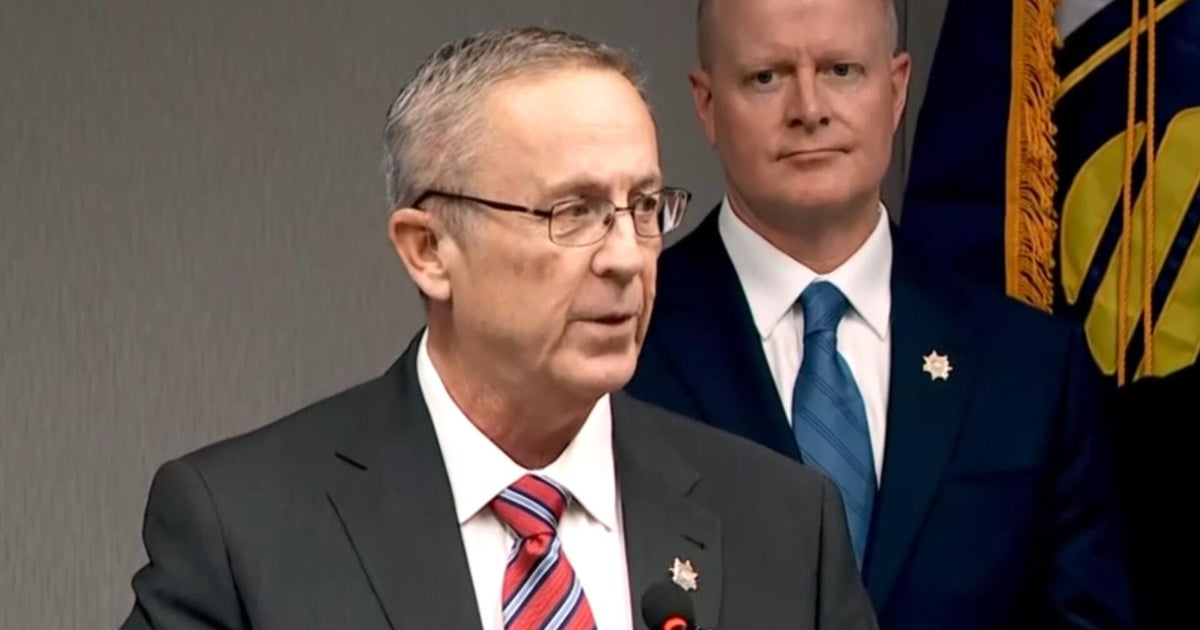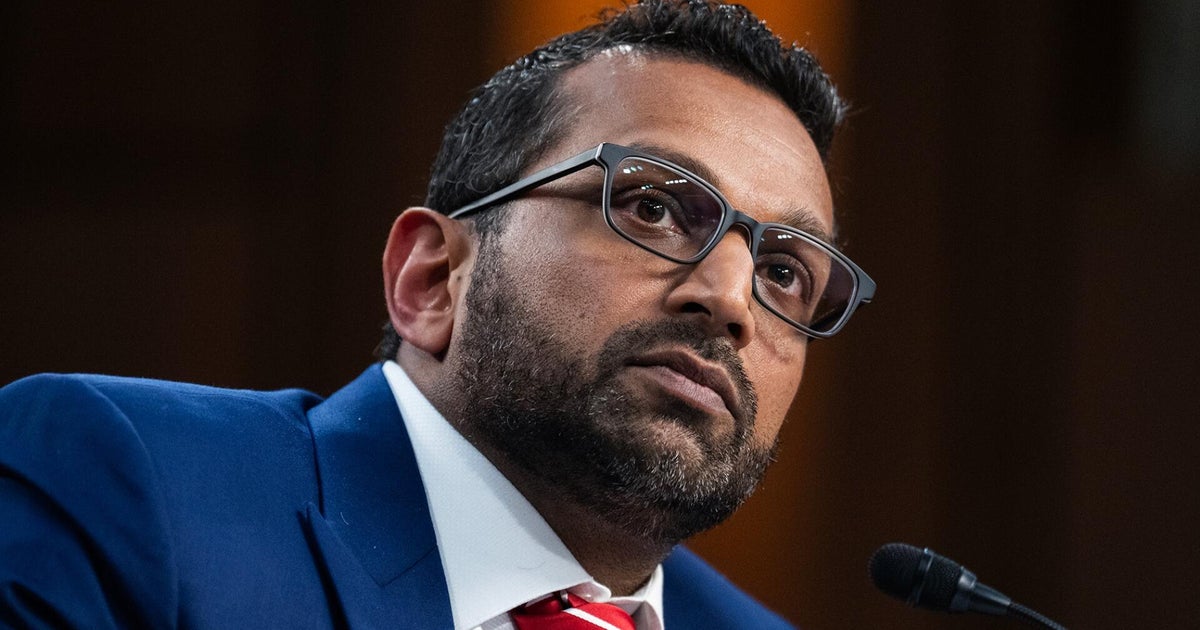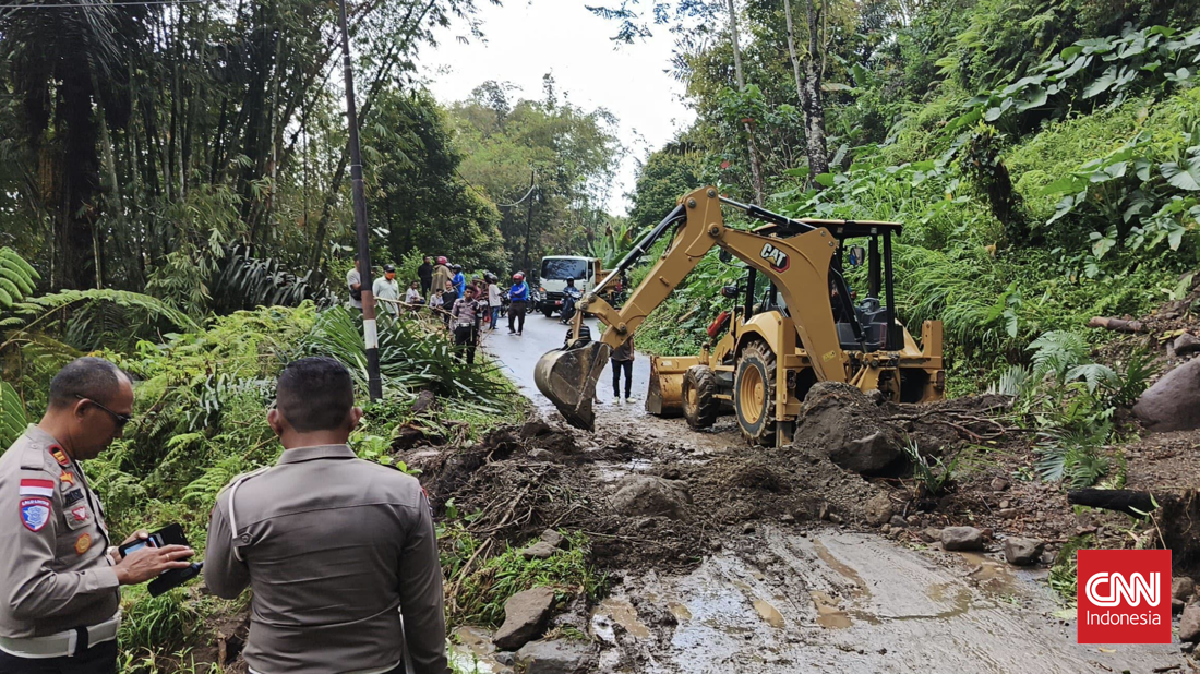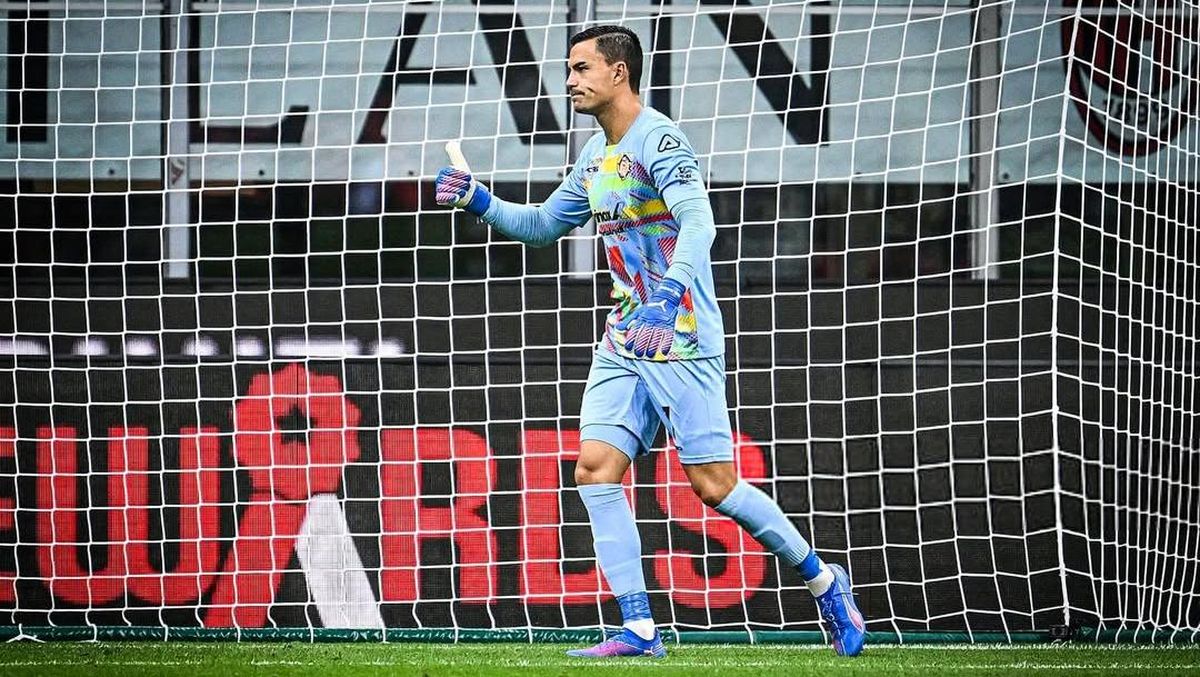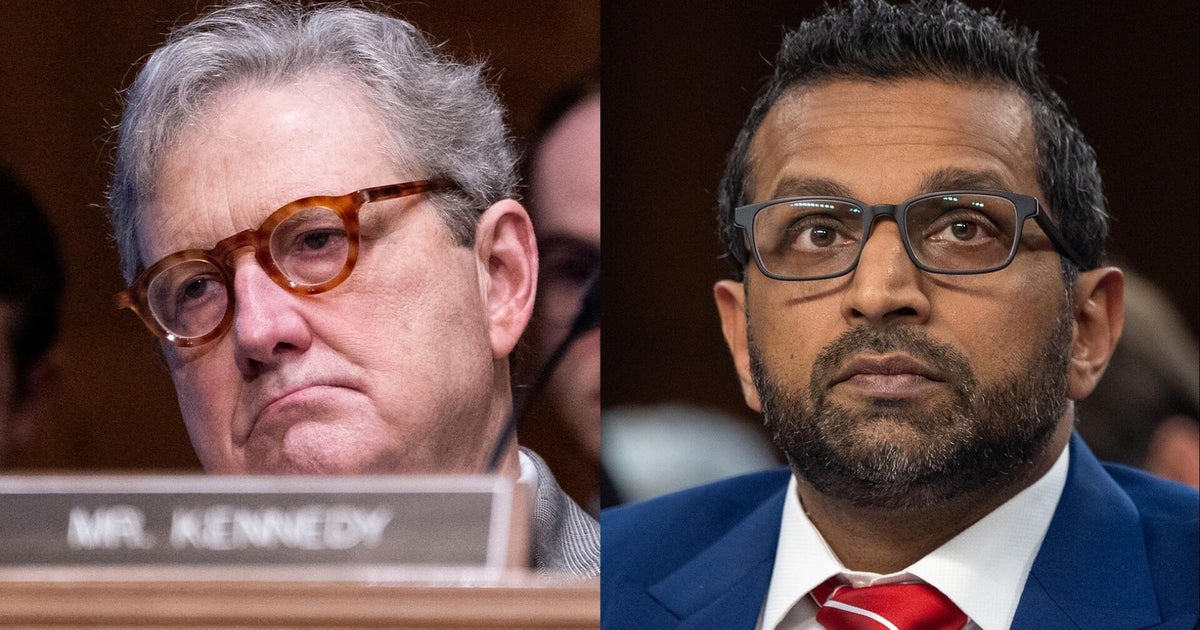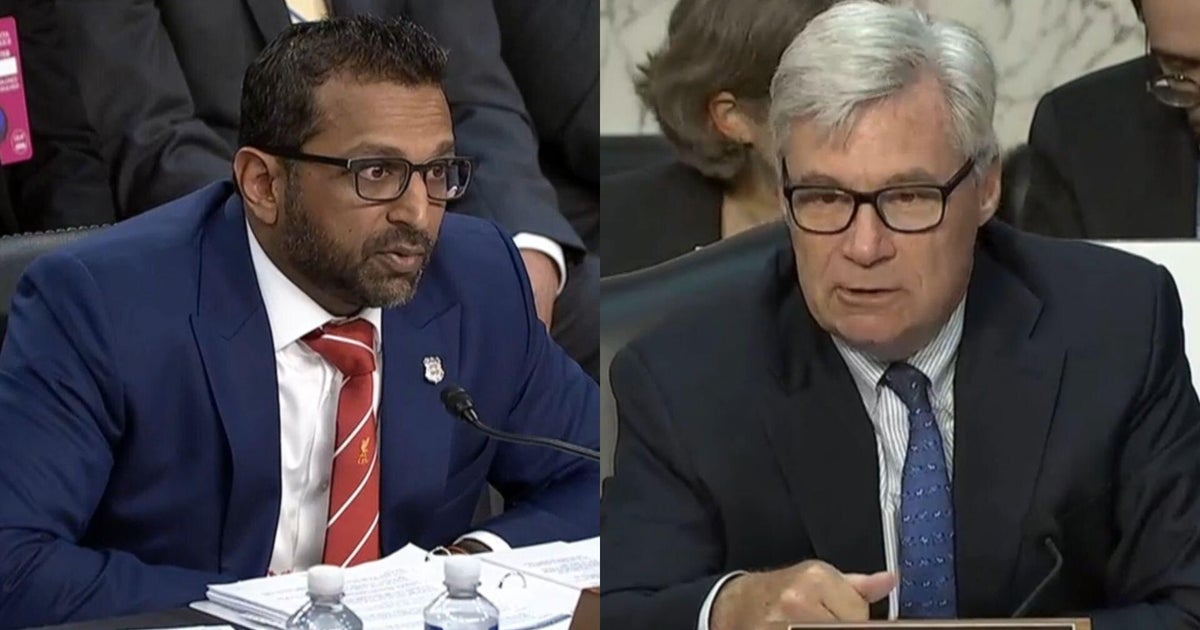Germany the winner if Australia and Turkey deadlocked on bid for climate summit
We’re sorry, this feature is currently unavailable. We’re working to restore it. Please try again later.
Prime Minister Anthony Albanese has conceded there is no formal mechanism to resolve the diplomatic impasse between Australia and Turkey over which nation will host key United Nations climate talks next year.
Australian climate advocates have been growing increasingly frustrated that Australia has been unable to convince Turkey to withdraw its bid, given the overwhelming support the Australian bid has among the group of UN nations set to make the decision.
“I’ve already had discussions with President Erdogan of Turkey, and we hope to meet on the sidelines [of this month’s United Nations General Assembly]… clearly we need to have a discussion to sort through the issues.”

Prime Minister Anthony Albanese, pictured at the 2023 Pacific Islands Forum, has the group’s backing for Australia’s bid to host UN climate talks. Credit: AAP
United Nations Secretary General Ban Ki Moon wrote the forward of a report on the Australian COP published over the weekend by the Smart Energy Council which some are reading as encouragement for the bid by Australia to co-host the talks in 2026 with its Pacific neighbours.
“Holding the Presidency of a Conference of Parties - a key forum for dealing with perhaps
the world’s greatest challenge of our generation - is a huge task. It is a task that comes with great
responsibility to deliver the highest possible ambitions and to fully utilise the pathway presented
by the Paris Climate Agreement,” he wrote.
“Previous COPs have demonstrated varying degrees of success over the years and I believe
Australia has the potential to partner with its Pacific neighbours and be the kind of stewards of the
international process for those whom climate change is a daily reality and desperately need the
strong leadership.”
Loading
The host of the international climate summit is selected by a consensus of nations within UN groups on a rotating basis. Australia and Turkey are members of a group known as Western Europe and Others, the members of which overwhelmingly support the Australian bid.
If Turkey declines to end its bid before this year’s talks in Brazil in November, the hosting duties will revert to Bon in Germany, the headquarters of the United Nations Framework Convention on Climate Change.
Climate advocates in Australia have grown increasingly frustrated that the Albanese government has been unable to finalise its bid despite months of effort and broad international support for the bid. Some fear that securing the talks, to be held in November next years so late will harm efforts to develop an ambitious agenda for them.
The signals sent by Albanese, as well as Foreign Minister Penny Wong and Climate and Energy Minister Chris Bowen over next four weeks, are seen as critical in demonstrating that the government is willing to push hard to secure the bid.
As the Coalition battles internally over climate politics, the government has a packed and complicated agenda. Albanese is in the Solomon Islands this week for the Pacific Islands Forum, with climate and climate security expected to take centre stage, before he attends the United Nations General Assembly along with Wong and Bowen.
In the coming weeks the government is expected to release a long-delayed National Climate Risk Assessment, which insiders have warned will make for grim reading for Australians, before it announces its 2035 climate targets ahead of the Brazil COP.
Cut through the noise of federal politics with news, views and expert analysis. Subscribers can sign up to our weekly Inside Politics newsletter.
Most Viewed in Politics
Loading



